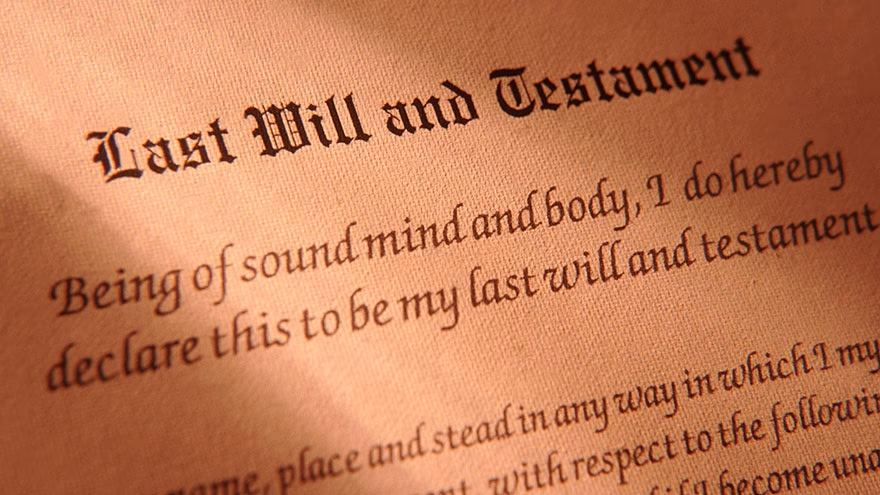When one spouse of a married couple passes away, a will can provide for an unlimited tax-free passage of assets to the surviving spouse. However, when the surviving spouse passes away, the federal government will ordinarily collect taxes on assets being passed on to children and other heirs.

How It Works
If set into place before the first spouse passes, the credit shelter trust helps to reduce or eliminate the amount of taxes imposed on the estate when it transfers to beneficiaries after the death of the second spouse.A credit shelter trust is established so that when the first spouse passes, part of her wealth goes into the credit shelter rather than to the surviving spouse. The surviving spouse has access to any interest or gains from the assets in the credit shelter during his lifetime, but has access to the capital only for health and assist purposes.
In Action
Federal estate taxes are imposed over a limit (as of 2019, $4.5 million). If John and Jane each have assets of $3 million when John dies, Jane will have $6 million. When Jane dies, if she leaves her assets to her children, $3.5 million will be transferred tax-free, but $2.5 million will be taxed. A credit shelter trust can avoid these taxes.If John and Jane each have $3 million and they establish a credit shelter trust, when Jane dies, John will still only have $3 million and the credit shelter trust will have $3 million. When John dies, his $3 million will go to his heirs tax-free and Jane's $3 million will go to her heirs from the credit shelter trust tax-free because no source was passing on assets in excess of $3.5 million.
Remarriage
Without a credit shelter trust, if he passes and she remarries, the new husband may come into joint ownership of her assets. If she passes before he does, he may then receive those assets.During estate planning, spouses may be concerned that their assets will benefit a remarriage rather than their own children. A credit shelter trust can assuage this concern because the surviving spouse never possess those assets, although he or she may have access to them.
The Numbers
As of 2019, estates are only taxed by the federal government above $4 million. If $4.5 million is left for beneficiaries, only $600,000 will be taxed. This is an increase from the 2017-2018 rate of $2 million.
Future
The Economic Growth and Tax Relief Reconciliation Act of 2011 may change the game for credit shelter trusts and estate planning. According to the law, the federal estate tax will be eliminated altogether in 2018, but return to $2 million in 2019. These figures can be adjusted at any time by legislative action.Speaking with an experienced estate attorney is the best way to learn about up-to-date estate law.
You Might Also Like :: Types of Deeds of Trust
Save for later
Found this helpful?
Pin this article to your Pinterest board and come back to it whenever you need a reminder.
Save to Pinterest


